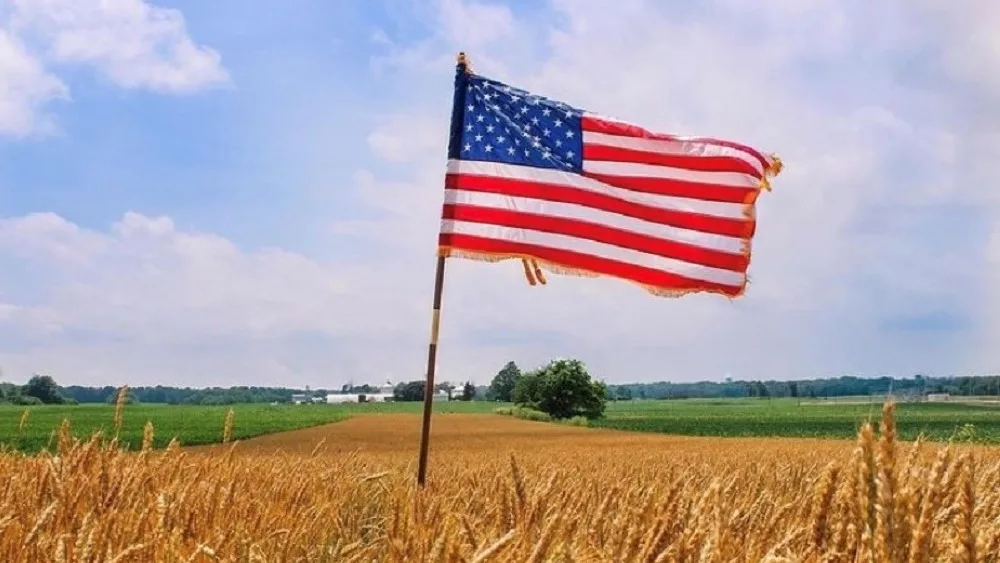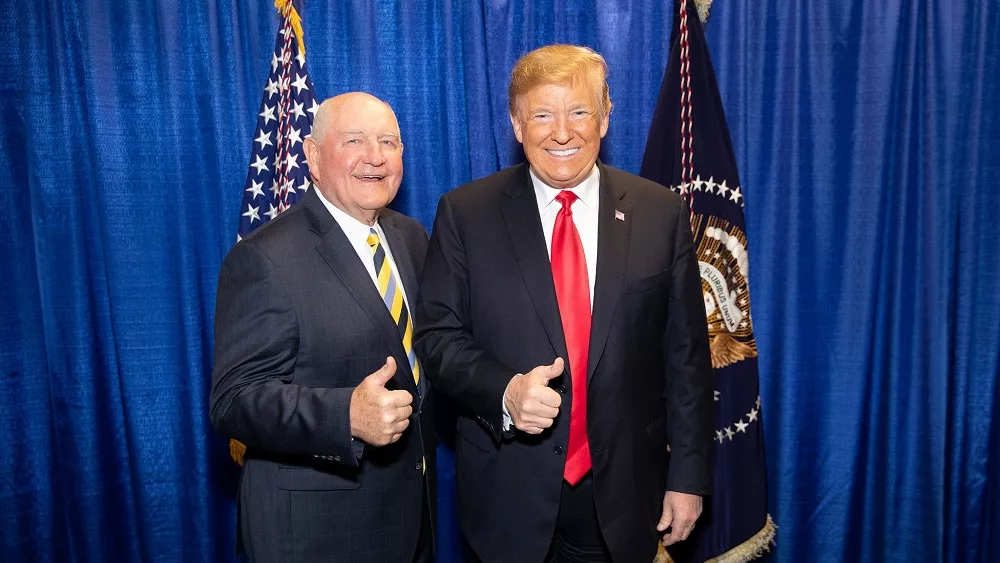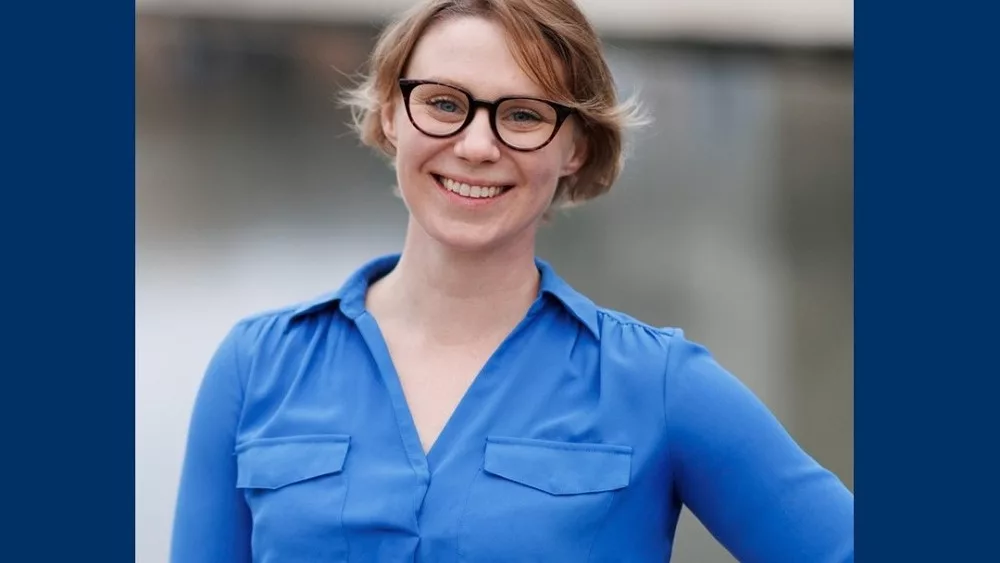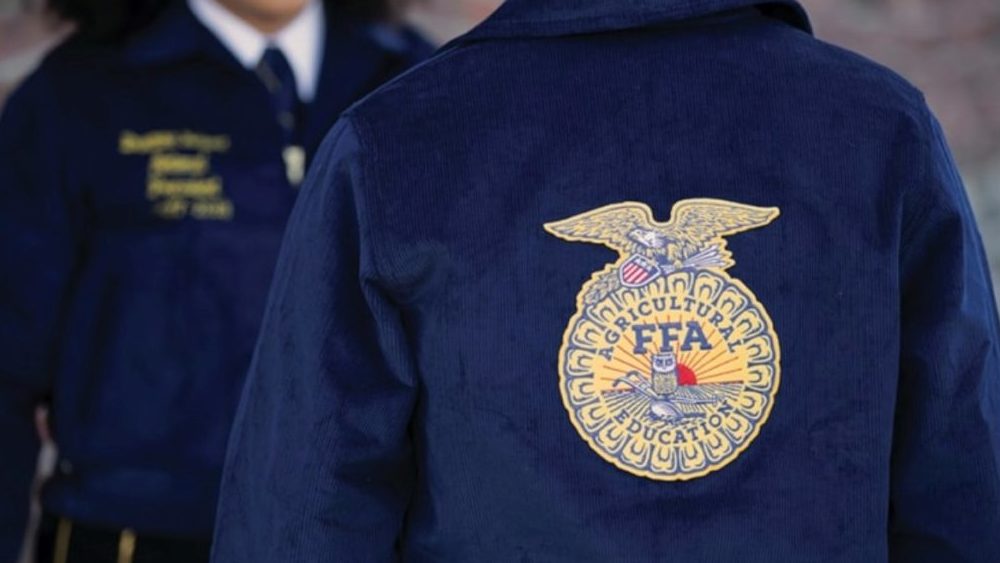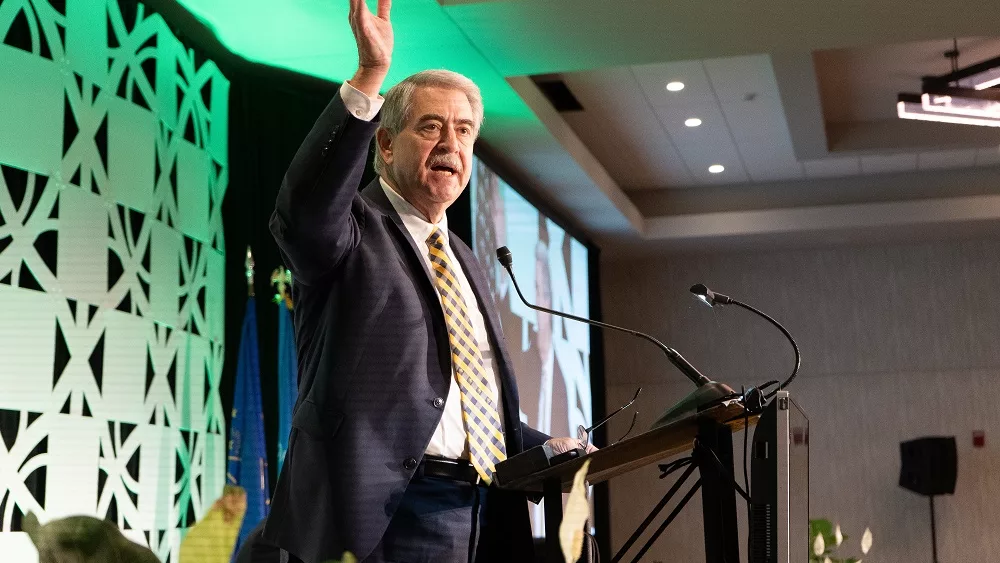For more than 40 years, the American Farm Bureau Federation has asked every presidential candidate for their stance on agricultural issues. Vice President Kamala Harris and former President Donald Trump have provided their answers to the questionnaire, and Farm Bureau executive vice president Joby Young says the survey is a key tool for rural Americans.
“The Presidential election is an opportunity for every American to cast their vote and voice their opinion on the direction they hope the country goes, and for more than 40 years, AFBF has asked every presidential candidate in the general election to provide responses on issues that are likely to impact farmers and ranchers in rural communities. We receive responses, and we share those responses unedited, so that our members and any interested voter can decide for themselves what they think about the answers that they hear from the presidential candidates.”
The survey contains 14 questions and covers a broad array of topics.
“Everything from crop insurance to taxes to agricultural labor to sustainability. We also asked questions about regulatory reform, food system resiliency, energy, biotechnology. We got responses from both the Harris and Trump campaigns, and we’ve taken their answers and we’ve made them available to view.”
Young says Farm Bureau is in a unique position to present this type of information.
“For our members, we know what’s important to them, the issues that affect rural communities and that affect farm and ranch families. So, we formulate those issues into specific questions, these 14 questions that cover those issues, like I mentioned, crop insurance, taxes, labor sustainability, and this gives us an opportunity to present those directly to the candidates and the candidates to hear those questions and understand what our members and folks across rural America and the farming and ranching community care about and respond in their own words.”
To see the questions and answers from the candidates, visit the Farm Bureau website.
Source: NAFB News Service

